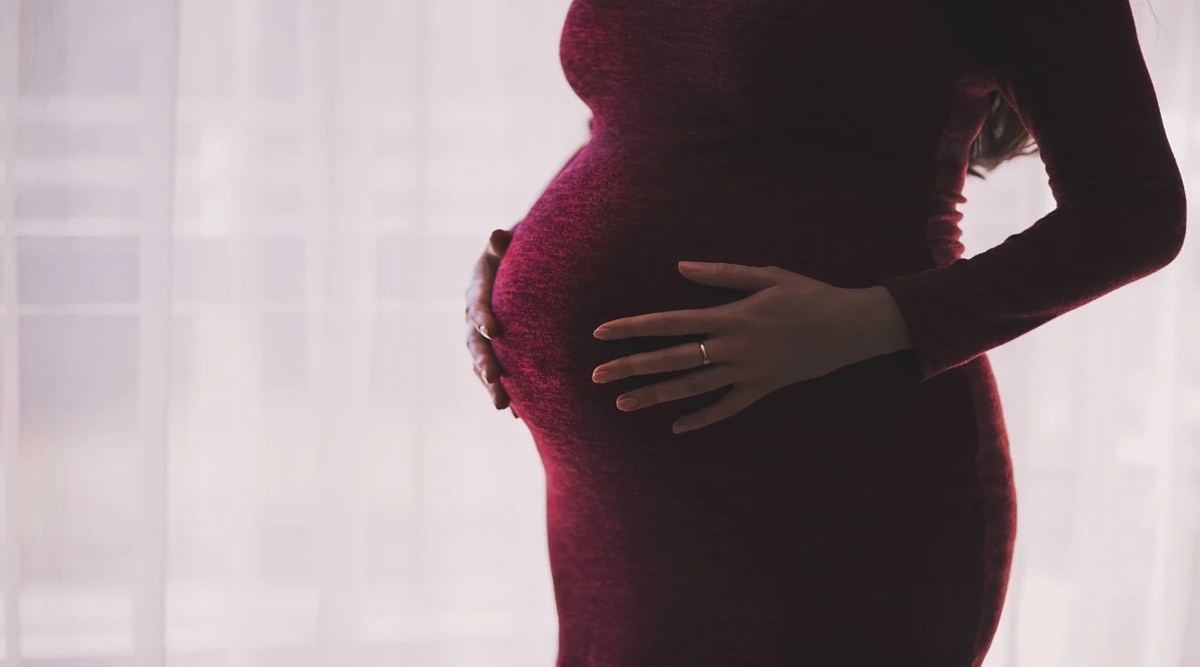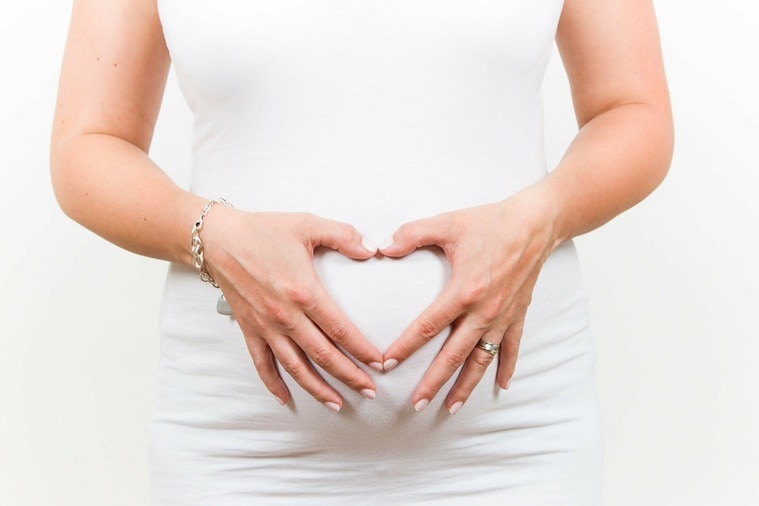If pregnant women lose their appetite, they may experience a general disinterest in all foods or a lack of desire to eat.

By Dr Bharathi Ramesh
Pregnancy is the time when women need to be extra careful as they are not only responsible for their own health but also for their unborn baby. While this is a very special phase in a woman’s life, there can be a few hiccups in the nine-month journey that women must be aware of. It is often seen that newly pregnant women may lose their appetite in their first trimester, which is normal as their body undergoes several changes during pregnancy.
If pregnant women lose their appetite, they may experience a general disinterest in all foods or a lack of desire to eat. We need to keep in mind that appetite loss differs from person to person, and it can be from a few specific kinds of food. For pregnant women who lose their hunger and appetite, it can impact their first trimester and they may experience intense nausea.
Here are some reasons why women lose their appetite in the first trimester:
Also Read |Breastfeeding amidst the pandemic: Everything you need to know

Sense of smell
During pregnancy, some women develop an increased sense of smell or sensitivity towards certain foods that may have strong flavours. Women with a sharp sense of smell can find some food items unappetising. It becomes difficult for those pregnant women to consume food with a smell they do not like, which leads to loss of appetite. The smell also at times induces nausea, which is another reason why they refrain from eating properly.
Increase in progesterone
Increased progesterone delays gastric emptying that causes decreased appetite and causes constipation because of decreased intestinal motility.
Morning sickness
Morning sickness is a very common symptom seen across most pregnant women during their first trimester, and this is because of hormonal changes in their body. Pregnant women with morning sickness often get nausea and vomiting and these can have a major impact on their appetite.
Other causes for loss of appetite can be:
-
Worm infestation
-
Anemia
-
Nutritional deficiencies
-
Chronic gastritisAlso Read |Why practising self-care during fertility treatment is important
 How to treat loss of appetite in the pregnancy. (source:Pixabay)
How to treat loss of appetite in the pregnancy. (source:Pixabay)
How can pregnant women treat their appetite loss during the first trimester?
Pregnant women in their first trimester experiencing appetite loss often question how to get their eating back on track. Following are a few guidelines they can adopt if they are losing appetite:
Prioritise food and nutrition consumption
There are a few foods pregnant women can prioritise even if they do not feel like eating whole meals. This will help to ensure adequate nutrient intake for pregnant women and unborn babies. Following are a few steps pregnant women need to do for their food and nutrition consumption.
Also Read |Long-lasting Covid symptoms rare in children: Lancet study
Taking essential vitamins
Pregnant women should start taking prenatal vitamins at least a month before conception, or at a minimum, at the time of conception. This helps fill in temporary nutritional gaps.
Stay hydrated
Pregnant women must make sure they consume enough liquids as it is more important than aiming for a certain caloric intake.

Eat light
Pregnant women can eat light if they do not feel like eating a lot. They can start with fruits such as bananas, which may also be easier on the stomach, and they can add yogurt for calcium and protein.
Avoiding strong-smelling foods
Pregnant women should avoid spicy and fatty dishes and fast food.
Also Read |Giving children more freedom can improve family wellbeing, says study
Do not overeat
Pregnant women can eat six small meals a day as their body will probably let off hunger signals every two hours. It is prudent to break down the meals at regular intervals.
If they are still noticing low appetite during the first trimester of pregnancy, it is important for them to consult with their obstetrician to deal with these causes and increase their appetite. The importance of nutrition in how a pregnancy shapes up cannot be undermined. Thus, it is a good idea to seek help. The obstetrician may prescribe prenatal vitamins which contain a combination of vitamin B and antihistamine that helps to decrease nausea and increase appetite in pregnant women.
(The writer is Consultant Obstetrics & Gynecology, Motherhood Hospital, Banashankari, Bangalore.)
For all the latest Parenting News, download Indian Express App.
Source: Read Full Article
